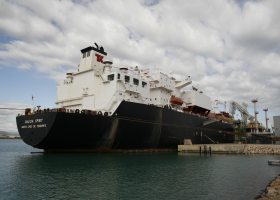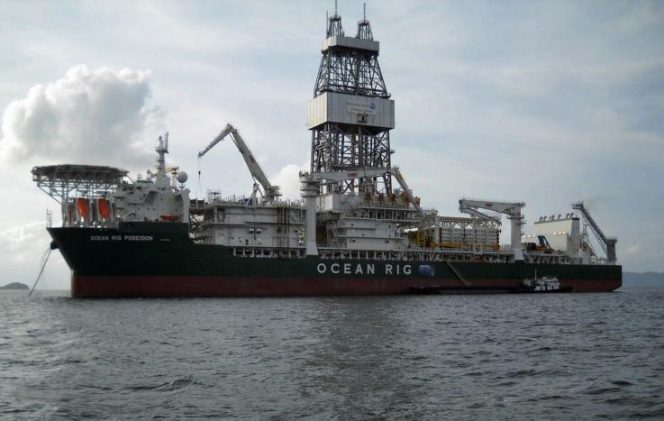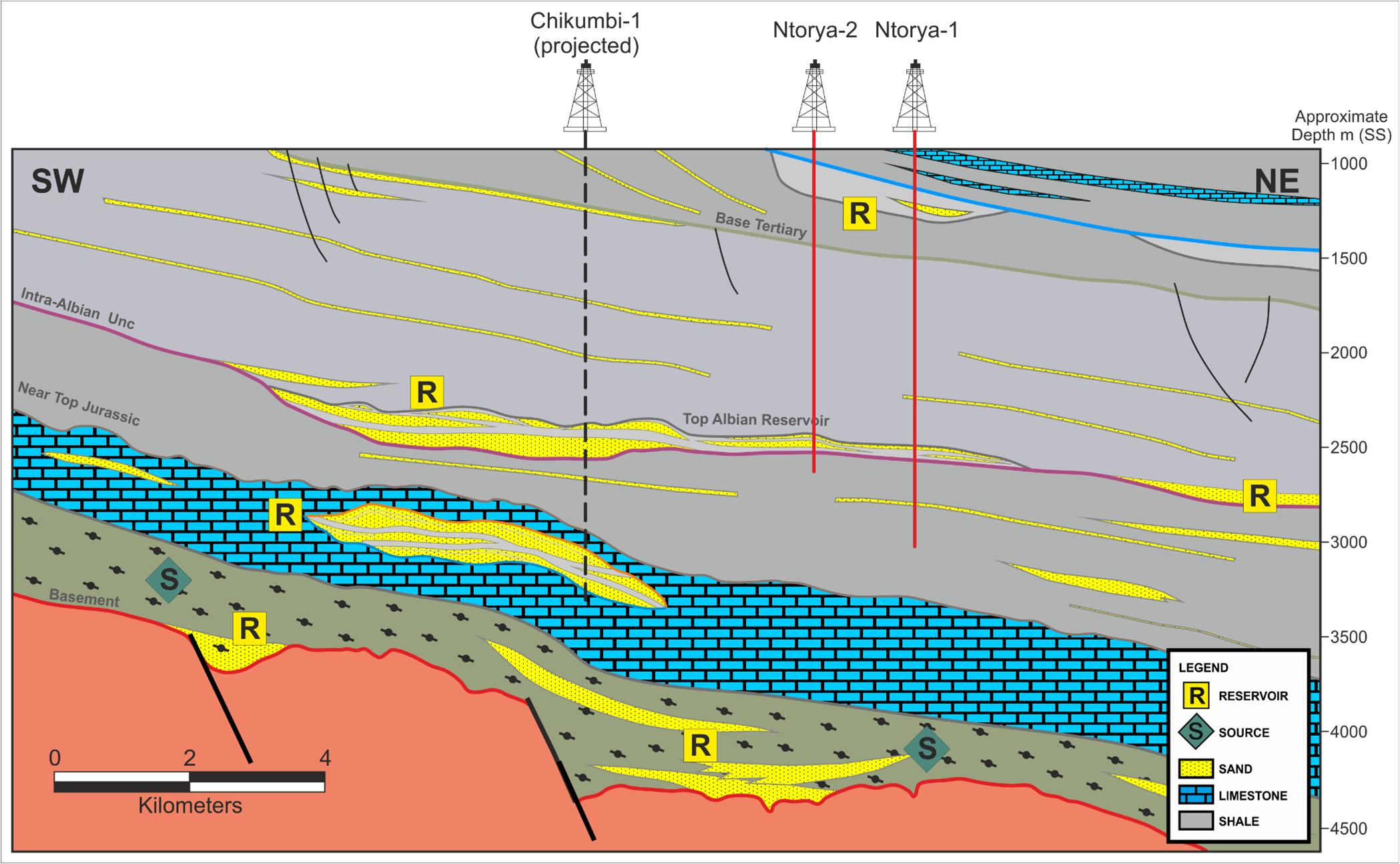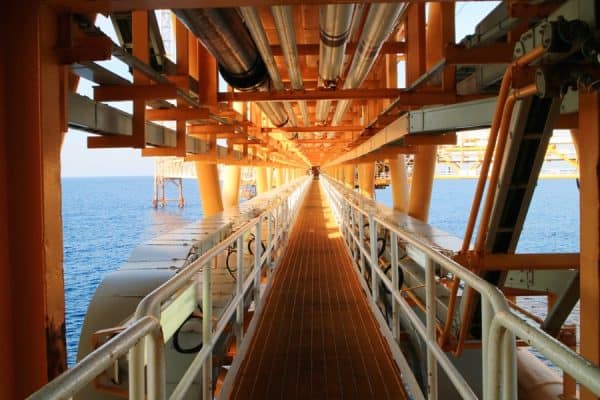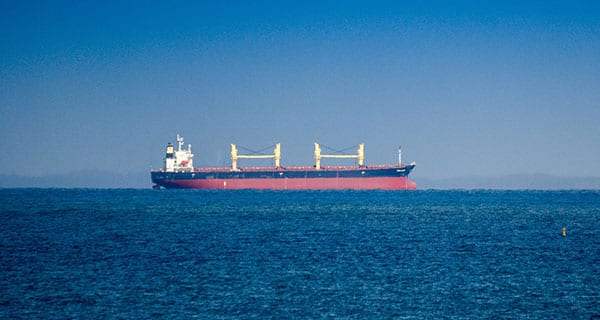
Assuming you’ve decided to study for an oil and gas related qualification, what then?
The course you choose, and the place you study could be tremendously important. Even if the industry contracts by 50%, there will still be a job for those who studied at the most acclaimed institutions. There will be a place for those who achieved the highest grades.
The acclaimed institution, and the high grades can be the same thing… Because some colleges and universities already have the best lecturers, facilities and track records.
By choosing the right place to study, you’ll be rubbing shoulders with other future industry leaders.
In your previous education, you’ll have experienced the flow state achieved where you have a system, equipment, peers and teachers that are geared up and committed to excellence. A culture of success helps you to achieve a performance level that is outside your comfort zone, with results that reflect this!
Your choice of academic destination could be the difference between cognitive dissonance, feeling a lack of direction, then dropping out or getting a bad grade…
… Or spending the best time of your life with people who carry you through your career, as you will do for them. You’ll get into the zone of high performance where second best is a fail, and future employers will sense this in you from the first impression onwards.
Here are the drillers.com top picks for European University Oil and Gas courses:
(Deliberately in no particular order)
(+ Click on website images to go to the relevant websites)
The University of Aberdeen
Aberdeen is one of the top oil and gas cities in the world, historically because of the close proximity to the North Sea oil fields. It’s likely that the status continues into the future, due to the wealth of talent, knowledge and experience of the people based there.
The University of Aberdeen is the only university in Scotland to offer an undergraduate degree in Petroleum Engineering, and also general engineering modules. You can also study the Petroleum Engineering Masters degree. Also on offer is a Subsea Engineering Masters Degree, that’s respected in the industry as a solid course.
IFP Energies nouvelles (IFPEN)
(Formerly called IFP (Institut Français du Pétrole)
France’s IFPEN has a substantial research facility, which is important for the reputation and performance of any academic institution. Universities that research heavily tend to be at the cutting edge of technological breakthroughs.
Originally the school was known as the Institut Français du Pétrole (IFP), and has a long track record of achievement and excellence. Now, in recent years France has adopted a very forward looking approach to the energy mix, and modern alternative energy. For this reason, the school has expanded into sectors such as energy efficiency, biofuels, and new energy technologies (NET’s).
As a logical progression of this, the institution has re-branded as IFP Energies nouvelles (IFPEN). Now, rather than the IFP being the main umbrella, it’s a specialised graduate school within the IFPEN framework. This makes complete sense as our energy options around the world expand.
Historically, staff and students here have been responsible for a number of industry advancements such as the Rock-Eval technique to determine the oil potential of sedimentary rock. Yves Chauvin is a researcher at IFP who was awarded a Nobel prize for chemistry in 2005.
Currently, the IFP section in particular is extremely dynamic and practical in its approach to industry. For example, 80% of IFP School students are sponsored and funded by around 50 French and foreign companies. This is an incredible achievement, and means that the best and brightest of the next generation are not excluded from human advancement.
Jouanah Ghori, the IFPEN/IFP School Communications Officer had this to say about the IFP department:
The IFP School provides young engineers with advanced graduate programs leading to professional qualifications in the fields of energy and transport. It has a dual ambition: to provide industry with the skills it needs today and to train the future energy transition players. To achieve these objectives, it focuses on a high level of industrial integration and adopts a resolutely international approach.
Since the whole curriculum at IFPEN is energy related, we won’t link to particular courses, but here is a link to the relevant page to the IFP selection of courses that we’re highlighting.
Delft University of Technology
Delft University is the largest public technical university in the Netherlands. Delft regularly appears in top global rankings for many sectors of technology. They run a Masters program that combines Petroleum Engineering with Reservoir Geology.
Other subject matters covered include Geo-Resource Engineering, Geo-Engineering, Applied Geophysics, Geoscience and remote sensing, and Environmental Engineering.
Here’s a link to the section of the Delft website that covers a Bachelors Degree in Petroleum Engineering.
Montanuniversität Leoben
The Department of Petroleum Engineering (DPE) at Montanuniversität Leoben is one of Austria’s best academic institutions and is held in high regard in the oil and gas industry.
A strong research department and a low student to faculty ratio will help ensure that you’ll have the opportunity to be rubbing shoulders with the right people.
The (DPE) at Montanuniversität Leoben has aligned itself with many important industry partners. These range from companies, to organisations, and other educational institutions. This means that you can start networking years before actually entering the industry. A higher chance of job opportunities or internships will result from networking.
The University of Stavanger
The University of Stavanger is highly rated as one of the best places to study petroleum engineering in Norway. Norway itself is a strong player in the global oil and gas industry. In relation to workers, companies, education, and of course access to a number of rich oilfields within its territory.
The university has around 10.000 students, 10% of which have an international background. The University of Stavanger has strong connection within the oil and gas industry, and with the headquarters of 26 international oil and gas companies in the region. Finding a university that is heavily involved in the industry can only offer you benefits in attaining work later.
The university offers Master’s programmes in English, in a wide range of courses, including Petroleum Engineering, Offshore & Environmental Technology and Petroleum Geoscience Engineering.
The Norwegian Government chose the University of Stavanger for the hosting of Norway’s new cutting-edge petroleum research centre for Improved Oil Recovery. The degree in Offshore Technology is focused on industrial asset management, risk management and issues related to the design of offshore installations for the oil and gas industry.
Heriot Watt Institute of Petroleum Engineering
Scotland’s Heriot Watt institute of Petroleum Engineering is well situated to research and study opportunities along the UK continental shelf and frontier basins.
The Heriot Watt Institute of Petroleum Engineering is world renowned as a leading training and research facility. It has frequently won awards such as the Queens Anniversary Prize in 2015. This award was given in recognition of practical innovation and research that has been applied to real life industrial situations.
The ongoing list of industrial sponsors, academic partnerships, and spin off companies are testament to the practical achievements being accumulated.
Imperial College
Imperial College has a lot going for it in general, the South Kensington, (London) location is a perfect place to spend a year or two. This means that the college has international appeal and has one of the most diverse international student background profiles in the world.
This of course means little if the course that you plan to study is sub par. This certainly isn’t the case, and if you end up graduating with a Masters Degree in Petroleum Engineering, Petroleum Geoscience from Imperial, you’ll have a very enviable qualification. There’s also an opportunity to study an MSc in Metals and Energy Finance, and the more common undergraduate degrees as well.
As with all of the universities on our list, a key feature is the relationship with employers and researchers. This is crucial in the career acclimatisation process, as well as the chance of a job straight after you finish. In this regard, as a student, you’ll have the opportunity to attend, or get involved in the Imperial College Oil & Gas Forum.
The Imperial College Oil and Gas Forum was started in 2014 by Tino Millar, a postgraduate student there. It’s already Europe’s largest event of its kind, in 2015 it attracted 300 delegates from 41 Institutions and companies, consisting of 47 nationalities.
Norwegian University of Science and Technology (NTNU)
Norway had to get a mention in this list of top universities for an oil and gas career, in fact, we felt that it warranted two mentions. Norwegian oil and gas workers have a great reputation for discipline, knowledge and a steady manner.
There are only 8 universities in Norway and NTNU (Norges teknisk-naturvitenskapelige universitet) is the biggest, and as the name suggests is tailored towards natural science, technology and engineering.
NTNU offers some interesting courses that are dedicated to oil and gas such as the Oil and Gas Technology Bachelors degree. This course also has a part time experience based version.
Whilst the university attracts around 10% of its students internationally, bear in mind that many of the courses require that you speak Norwegian, or at least a Scandinavian first language. As is the case with many job postings in based in Norway and with Norwegian companies in general.
Robert Gordon University
Robert Gordon University (RGU) in Aberdeen, Scotland regularly receives praise and accolades. It’s one of the most modern and progressive universities in the UK, and its alumni tend to fair well when joining the workforce.
Aberdeen has been one of the handful of major hubs in the global oil and gas landscape. It makes sense that an institution such as Robert Gordon University is itself world class in relation to is energy, engineering and geoscience departments.
The Oil and Gas Centre is state of the art and houses a DS-6000 drilling simulator.
RGU has created a course structure that covers every aspect of the O+G industry. It’s home to the RGU Oil and Gas Institute, a leading materials testing department and a Shell corporate program.
Technical University of Denmark
The Technical University of Denmark (DTU) has been devoted to the study of the natural technical sciences. As we know, focus creates excellence in all fields of human endeavor.
DTU runs the Danish Hydrocarbon Research and Technology Centre which hosts an annual technology conference, specifically targeting the potential for Danish companies in the North Sea. The goal is to explore new ways to maximise the level of hydrocarbon extraction in what is a declining field.
After becoming energy self sufficient in 1991, Denmark wants to stay that way. DTU has departments and courses that cover all aspects of the energy industry.
Polytechnic University of Turin (Politecnico di Torino)
The policy decisions of the Polytechnic University of Turin are pragmatic and geared towards their students getting straight to work after attending. Whilst all schools will pay lip service to this, there are plenty of practical examples that we can point to.
One example is that the flagship masters course in Petroleum Engineering is strictly taught in English. It’s well understood that the oil and gas industry is one of the most international in nature, and that students could be limiting future opportunities if they do not speak English to a high technical standard.
Another example is the recent agreement with Gazprom in order to combine forces for both educational and research purposes.
Technical University of Crete
The Technical University of Crete made it onto our list mainly because of its industry connections and fine reputation. Also, the popular holiday destination of Crete would be a wonderful place to study, with its natural beauty and rich history.
Greece, officially the Hellenic Republic, or Hellas as called from ancient times has a reputation for academia. but due to the recent financial issues, would be very affordable if you’re taking time out of work for a masters degree.
Industry connections, sponsors and collaboration partners include Schlumberger, Hellenic Petroleum and Geotech.
The University of Leeds
Leeds University has a fine reputation within the UK for producing in demand energy graduates.
Companies such as Shell, BP, Apache and Total have historically favored graduates of Roger Clarke’s MSc courses.
This is always the proof, the work placing success rates upon graduation.
After this initial article was published, David Nicholson reached out to us. David is a recently retired HR Manager who has worked in offshore services and seismic for 36 years.
This is what he had to say:
Our intake of Grads during the period 2005 to just prior to my departure date climbed from an intake of six grads to I think about a dozen in my last year and we always tried to capture Leeds students but we were generally up against the Oil Majors such as Shell, BG, Apache and Total. They fished in the same pond – as did CGG and WesternGeco. Competition was fierce for these lads and lasses but we never got a bad’un.
Conclusion
It could be that you see a top European course that can help kick start an oil and gas career in your home country. With freedom of travel and low airfares we would encourage you to spend a little time looking at universities in other parts of Europe. Many students take a year out to go travelling. You could see more of the world outside your own country, and study at one of the top institutions for an oil and gas qualification.
By travelling to a new country, it’ll be a fresh start, and you will have fewer distractions from your old life. As an oil executive, you will likely work in different countries during your career, so this can also be an aclimatisation period. An educational stint in a foreign country will help you prepare for some challenging and exciting roles ahead.
Over to you…
This list is based on our opinion and research. If you feel that somewhere mentioned no longer warrants inclusion, or that we have missed somewhere out, then contact us. We’re more than happy to edit and update this page over time to reflect current information.
We list 12 top schools for a petroleum engineering, technology or geoscience course, did we get it right? Should there be 15? Or only 10? We welcome your input. If you do decide to comment, try to make the reasoning objective not subjective…
In fact, we would like to think that this page will be edited many times over the coming years, as new schools, colleges and universities step into the spotlight. There’s no reason why every country, and every research student can’t have the same opportunity to forward our industry.
